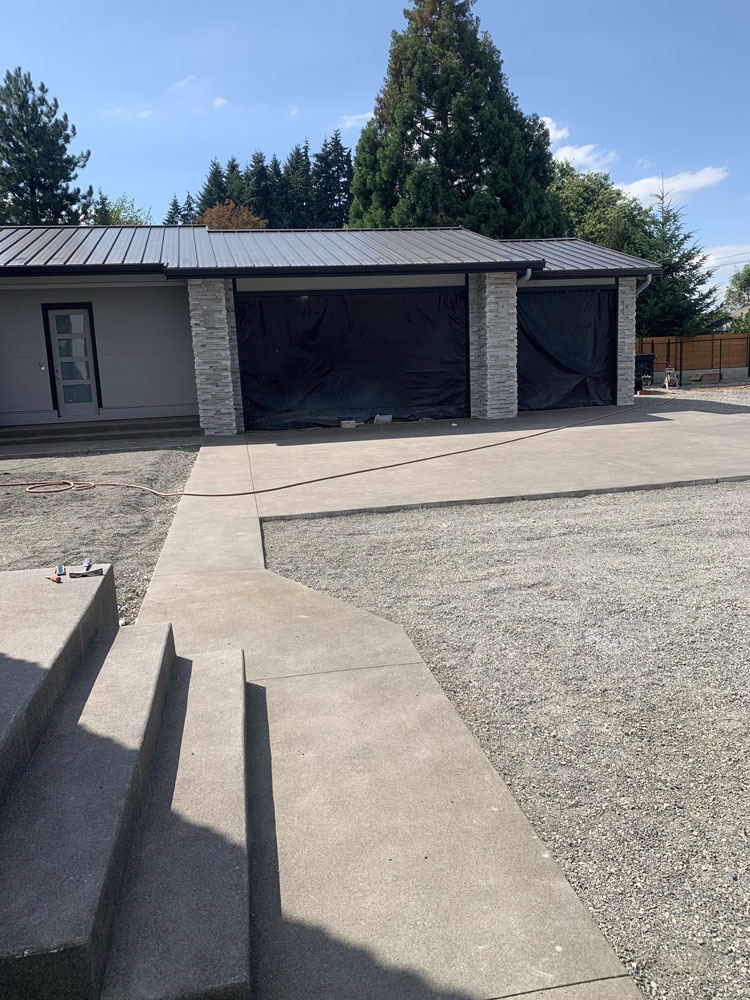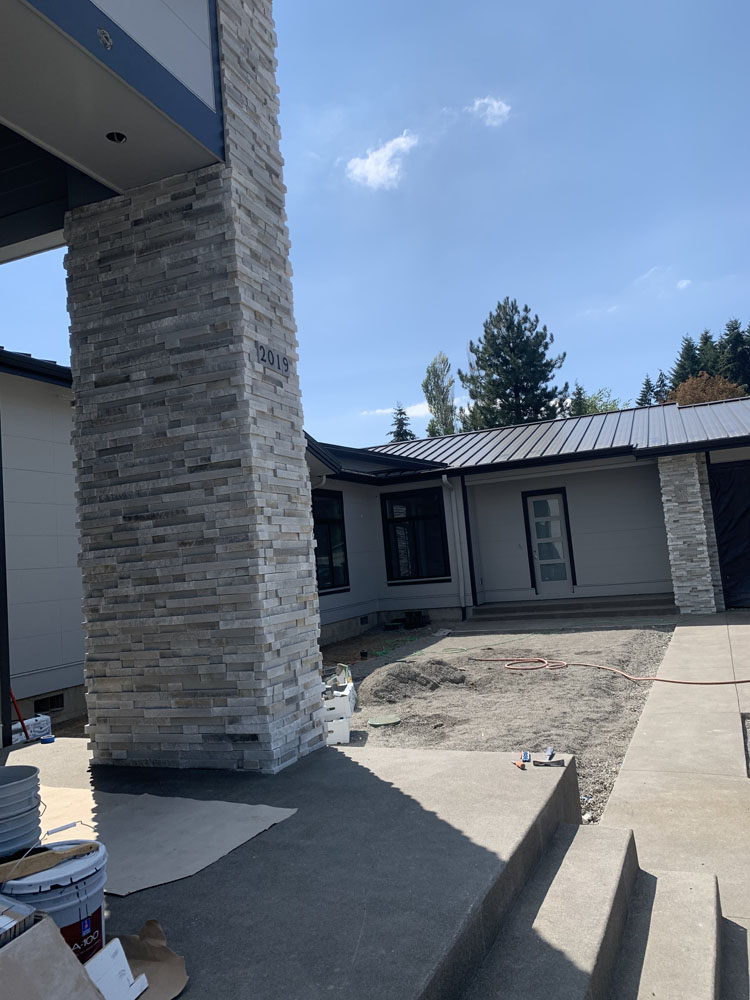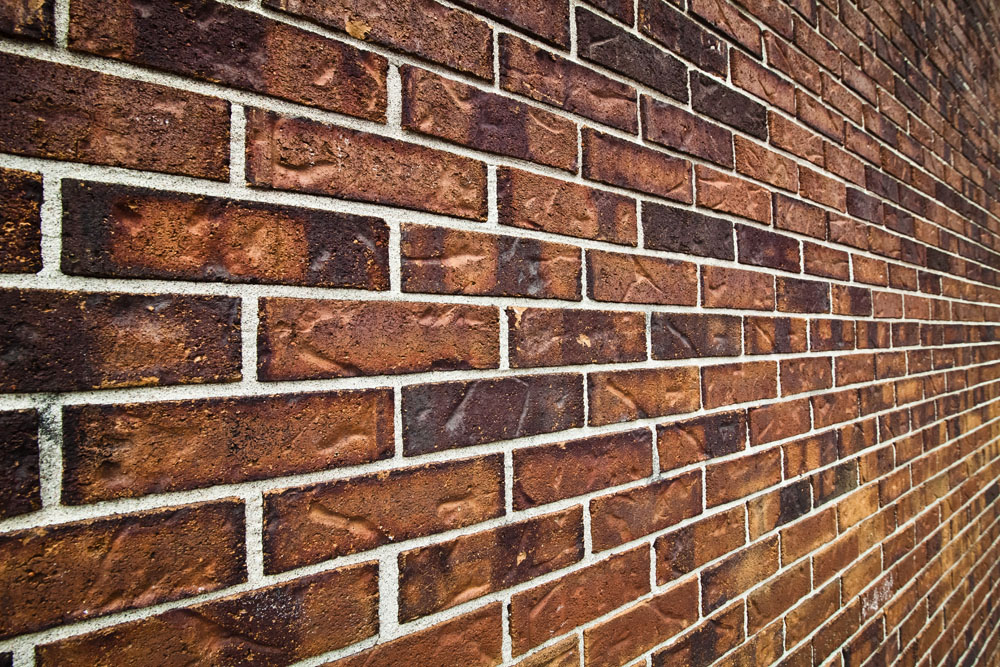Introduction
In the realm of construction and home improvement, masonry stands as one of the most revered crafts. The art of shaping and assembling materials like brick, stone, and concrete not only lends structural integrity to buildings but also enhances their aesthetic charm. However, when it comes to embarking on a masonry project, many homeowners find themselves grappling with a critical question: "What will it cost me to hire a masonry contractor?" This article delves deep into the key factors that influence the cost of hiring a masonry contractor, shedding light on various elements that can sway your budget.
Understanding these factors is crucial for making informed decisions and ensuring that your investment yields the desired results. From labor costs to material choices, every aspect plays an integral role in determining the overall expenditure. So, without further ado, let’s explore these pivotal components in detail.
Key Factors That Influence the Cost of Hiring a Masonry Contractor
1. Nature of the Project
When assessing costs, one of the first considerations is the nature of your project. Are you looking to construct a new wall or repair an existing structure? Perhaps you desire intricate stonework or basic bricklaying? Each type of project has its own set of requirements and implications for pricing.


For instance, constructing a new chimney may be more expensive than repairing cracks in an old one due to additional materials and labor involved. Understanding the scope can help you budget effectively.
2. Type of Materials Used
The materials chosen for your masonry project significantly impact costs. High-end options like natural stone will command higher prices compared to more affordable alternatives such as concrete blocks or standard bricks.
Material Comparison Table
| Material Type | Average Cost Per Square Foot | Durability | Aesthetic Appeal | |-------------------|------------------------------|------------|------------------| | Natural Stone | $15 - $30 | High | Very High | | Brick | $7 - $15 | Medium | Medium | | Concrete Block | $5 - $10 | Low-Medium | Low |
Ultimately, selecting premium materials can elevate both the cost and visual appeal of your project.
3. Location and Accessibility
Geographic location plays a pivotal role in determining hiring costs for a masonry contractor. Urban areas often exhibit higher labor rates compared to rural locations due to increased demand and living expenses.
Moreover, accessibility factors can add complexity; if your property is situated on uneven terrain or requires special equipment for access, expect additional charges for logistics.
4. Experience and Reputation of the Masonry Contractor
The caliber of your chosen masonry contractor also affects pricing. Experienced professionals with established reputations typically charge more than newcomers in the industry.

Why Hire Experienced Contractors?
- Expertise in complex designs Reliability in meeting deadlines Higher quality workmanship
While it may be tempting to opt for less expensive services, remember that quality often trumps cost when it comes to long-term value.
5. Complexity of Design
A straightforward layout will naturally come at a lower price point than intricate designs that require advanced skills and techniques. For example:
- Simple brick walls may only need basic laying skills. Elaborate patterns or curved structures necessitate specialized expertise.
Investing time upfront in design considerations could save you from unexpected costs later on during construction.
6. Labor Costs
Labor costs are another significant factor influencing overall expenses when hiring a masonry contractor. Prices vary by region but typically include wages for skilled masons as well as any apprentices who may assist them.
Average Labor Cost Breakdown
- Skilled Mason: $50 - $100 per hour Apprentice: $25 - $50 per hour
Be sure to clarify whether labor costs are included in initial quotes or charged separately.
7. Permits and Regulations
Depending on local laws and regulations, certain projects may require permits before work can begin—especially those involving structural changes or additions.
Acquiring permits often incurs extra fees which should be factored into your budget early in planning stages to avoid surprises later on!
8. Seasonal Considerations
Masonry work can be affected by seasonal conditions; extreme weather either too hot or cold can delay projects leading potentially upsurge associated costs such as extended labor hours or rescheduling fees down line!
Best Seasons for Masonry Work
- Spring & Fall: Ideal due moderate temperatures Summer: May cause delays due heat-induced complications Winter: Unfavorable unless using specific techniques
Timing your project appropriately could save money while ensuring optimal working conditions!
9. Project Duration
Longer masonry contractor projects usually mean higher total labor costs because they extend over time; however they might allow flexibility regarding scheduling which might offset some other expenses incurred during execution phase itself!
It's wise think about how long you’re willing wait before committing!
FAQs About Hiring a Masonry Contractor
1. What’s included in hiring a masonry contractor?
Hiring typically encompasses labor for installation along with consultation services regarding design/material selection—be sure clarify exact inclusions beforehand!
2. Are there hidden fees I should be aware of?
Absolutely! Always ask contractors upfront concerning potential hidden charges related permits/transportation etc., so there won’t be surprises down road!
3. How do I choose the right masonry contractor?
Look for credentials (licenses/insurance), check references from past clients while considering their portfolio showcasing previous work styles relevant your own needs/preferences!
4. Can I negotiate prices with my masonry contractor?
Yes! Most reputable contractors are open discussing budgets—you could explore alternatives together during initial consultations until reaching agreeable terms both parties satisfied with final outcome achieved!
5. What type of warranty should I expect from my contractor?
A good masonry contractor should offer warranties covering workmanship/materials used—typically ranges 1 year after completion but always confirm specific terms before signing contract!
6. Do I need insurance when hiring a masonry contractor?
It’s advisable have insurance protecting against accidents/injuries occurring while work being performed—ask about contractors’ coverage too ensure adequate protection throughout process!
Conclusion
Navigating through the intricacies surrounding hiring a masonry contractor requires thorough understanding several influential factors affecting cost estimates—from materials used project complexity experienced professionals involved labor rates applicable local regulations seasonal impacts—all contribute shaping final price tag attached service rendered ultimately providing value received return investment made along journey transforming vision reality beautiful structures stand test time!
By arming yourself knowledge ahead time making informed decisions based key insights gleaned within this piece you’ll find yourself better equipped tackle any challenges arise while ensuring smooth collaboration between yourself chosen expert craftsmen paving path success together! Ultimately investing wisely today yields lasting rewards tomorrow creating spaces reflect style elegance durability withstand years wear tear beautifully crafted surroundings offer comfort tranquility home sweet home!